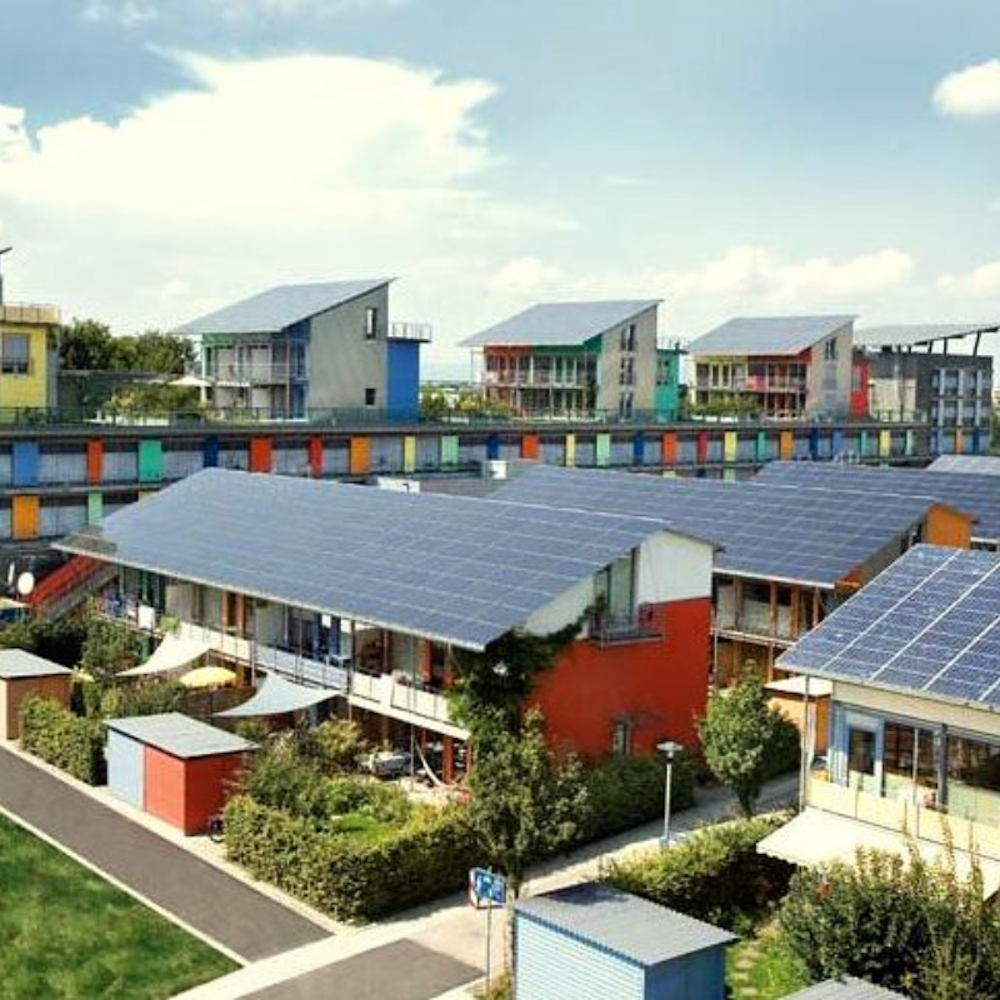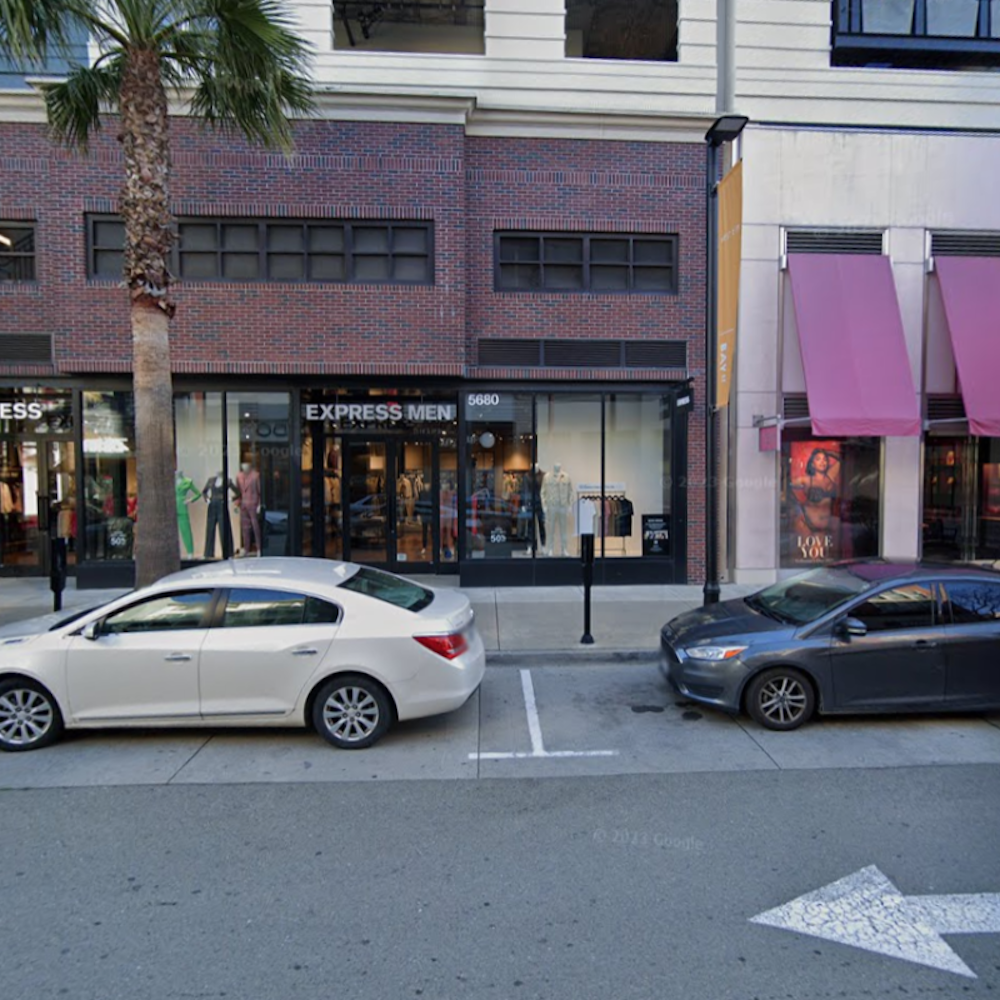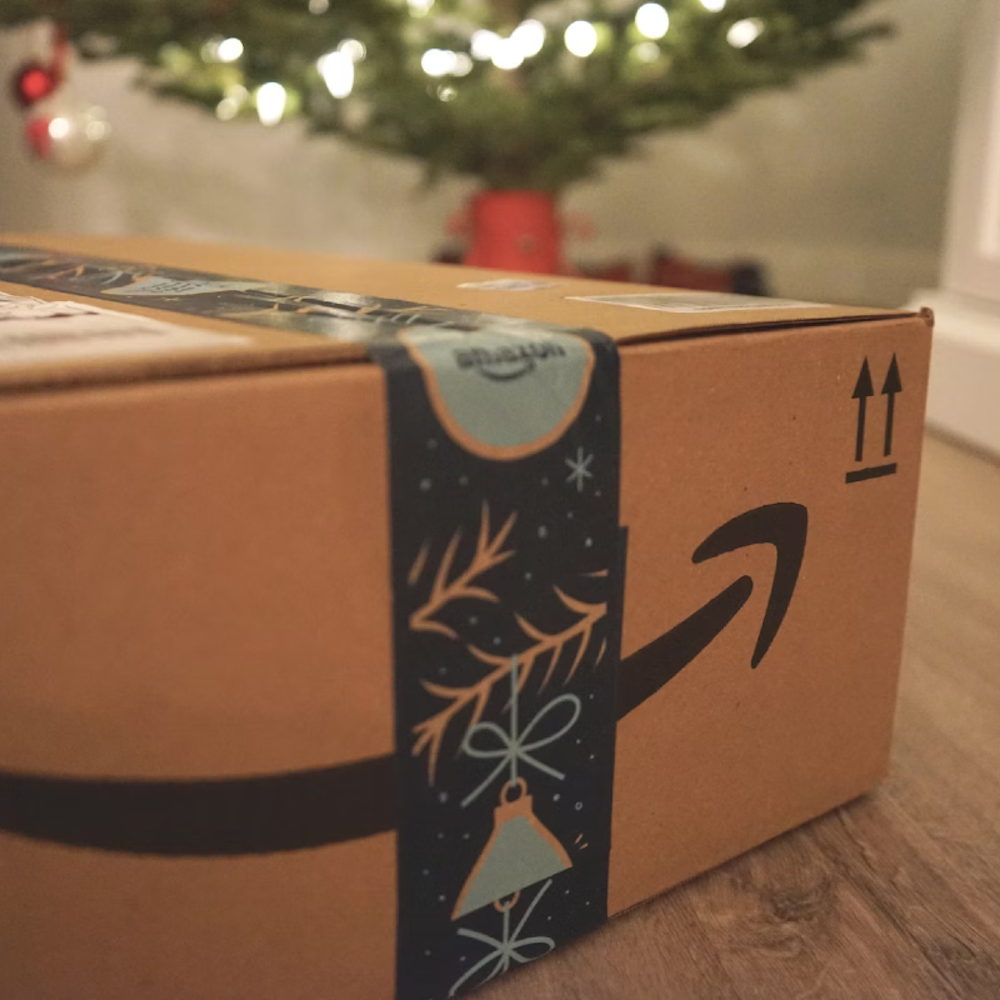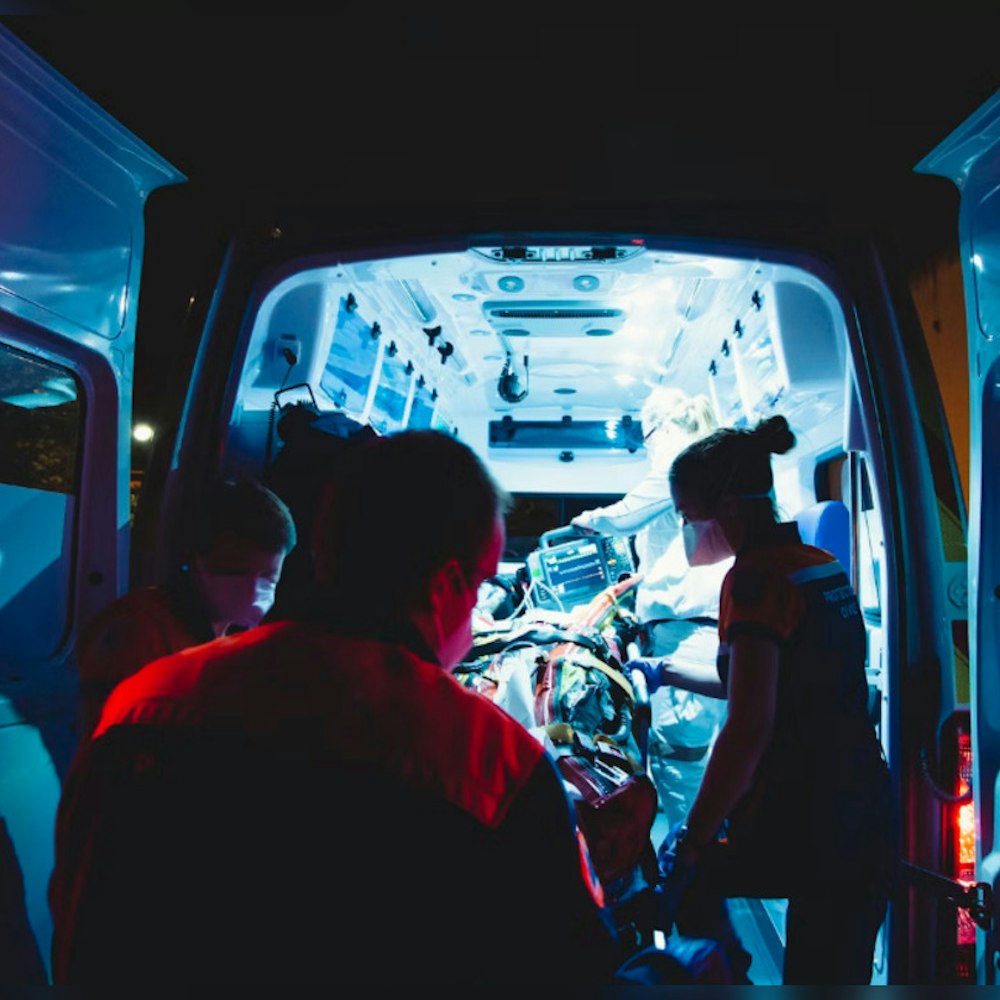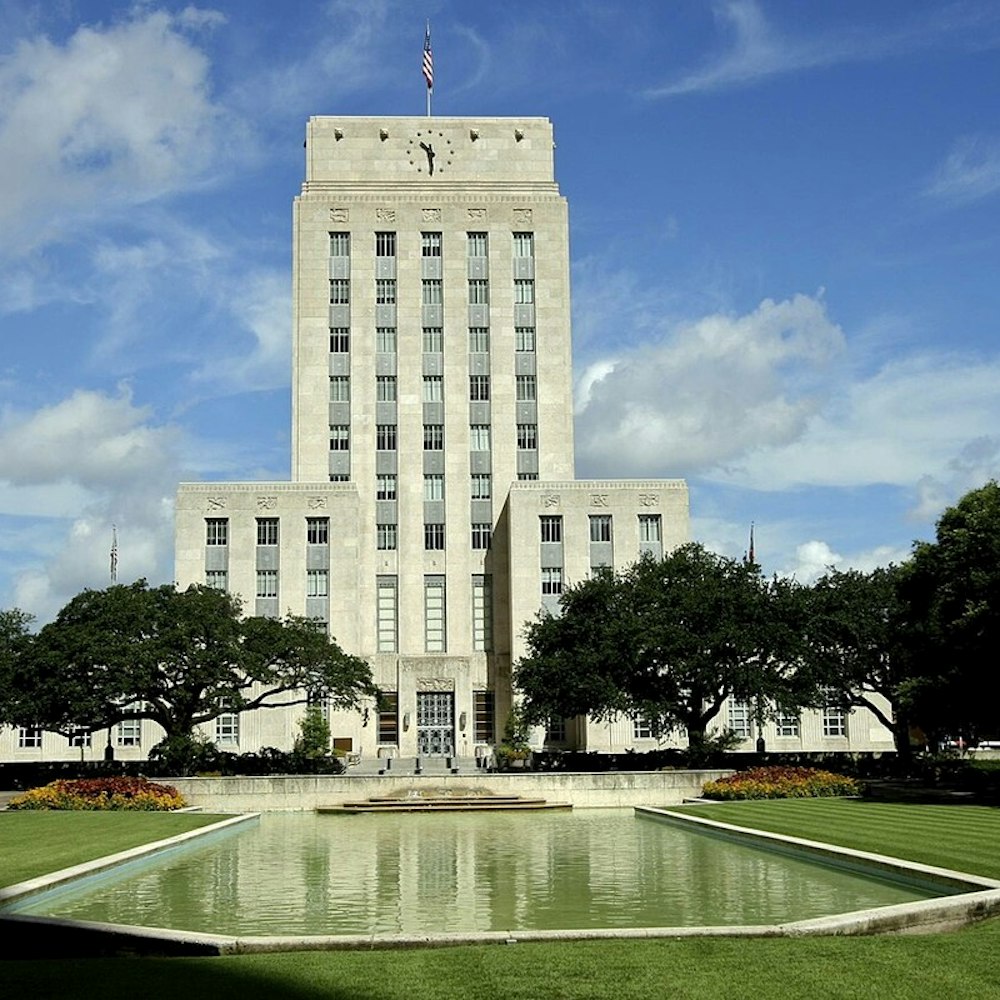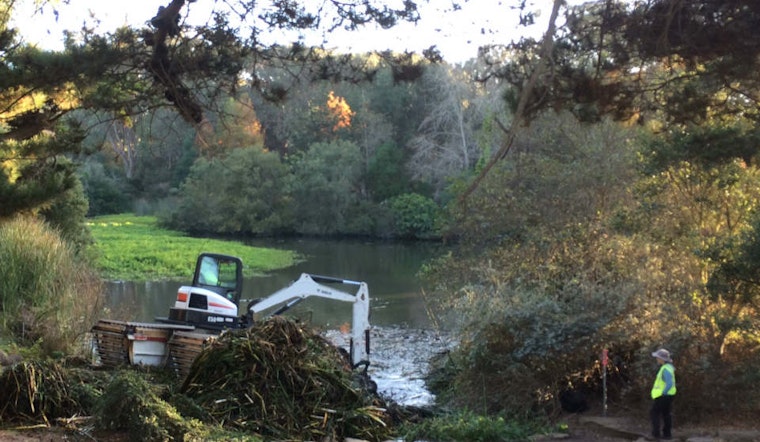
This week marks the appearance of a strange new beast in Golden Gate Park's North Lake, the overgrown natural lake secreted away behind the Golden Gate Golf Course at Fulton and 43rd Avenue.
The lake is now nearly 80 percent overgrown with plant life, much of it invasive. So the Aquamog, an amphibious vehicle, is moving in to help clear it all out.
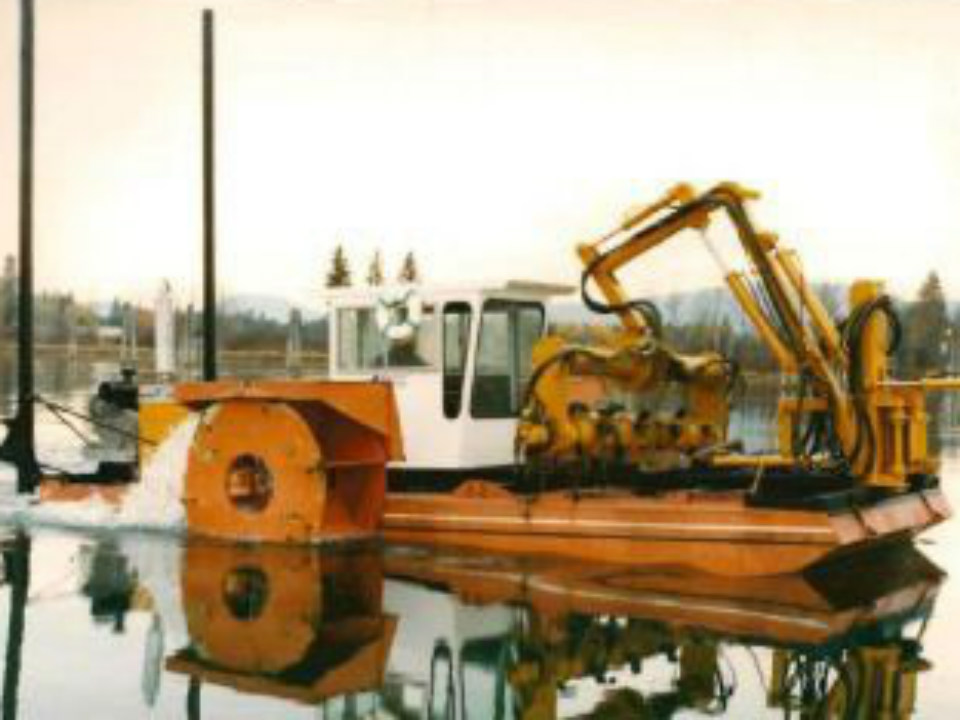
The marriage of a paddle barge and a weed harvester, the Aquamog will spend the next month or so churning through North Lake. On Monday afternoon, a backhoe (pictured at top) was in place to clear a path for it to enter.
The Aquamog's targets will be the lake's invasive weeds. Rec & Park said the two prime offenders, parrot feather and water primrose, "destroy native plant populations, choke waterways and eliminate major food sources and habitats of native animals."
Birds are particularly hard-hit—a major issue given that North Lake is known as a birder's destination, where visitors can enjoy the "water birds that take shelter on its small islands, including egrets, great blue herons, belted kingfishers, and many types of ducks."
In a statement, Rec & Park said that using the Aquamog to harvest aquatic weeds is more environmentally friendly than the use of chemical herbicide, and more efficient than crews working by hand.
Tamara Aparton, deputy director of communications and public affairs for Rec & Park, said the Aquamog will be manned by a professional operator and a biologist, who will distinguish invasive and non-invasive species by sight.
"The biologist is there to ensure the least amount of disruption to animal habitats," Aparton said.
At the pace of a tenth of an acre per day, the Aquamog should be done with its work in late November or early December.
In the meantime, the lake's northern entry point is closed, and the surrounding pathways will be intermittently blocked to foot traffic.


